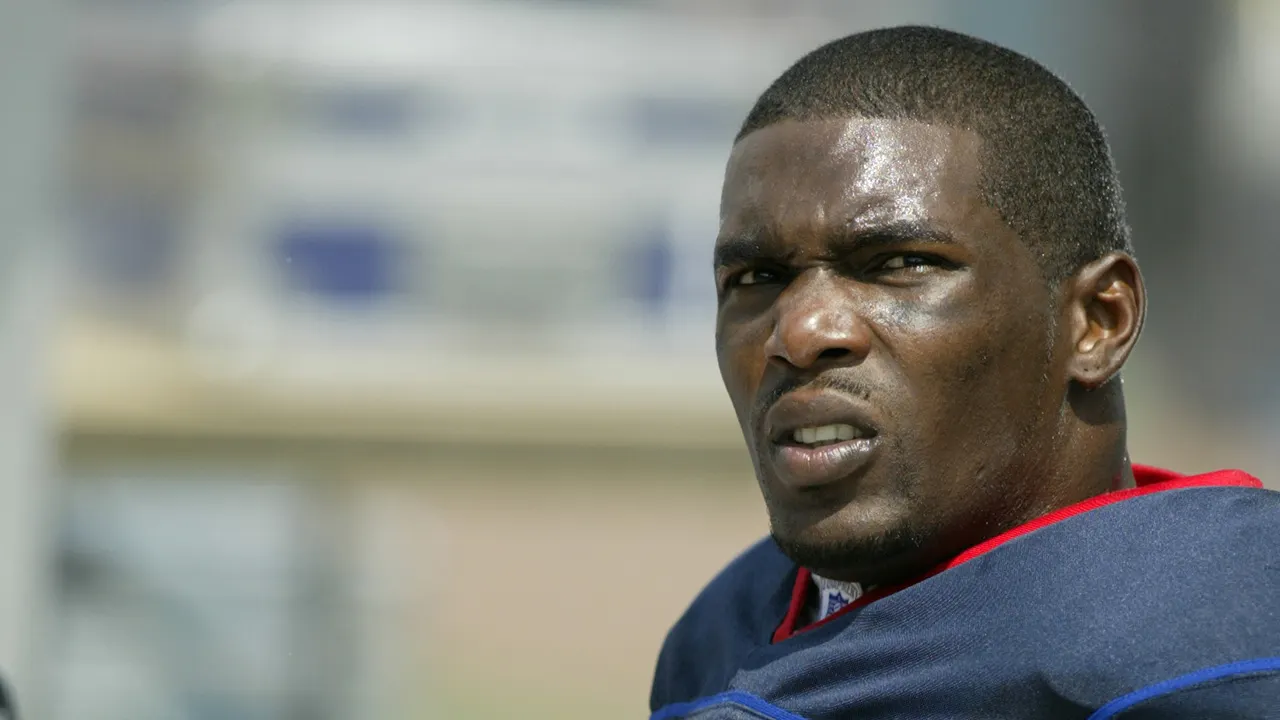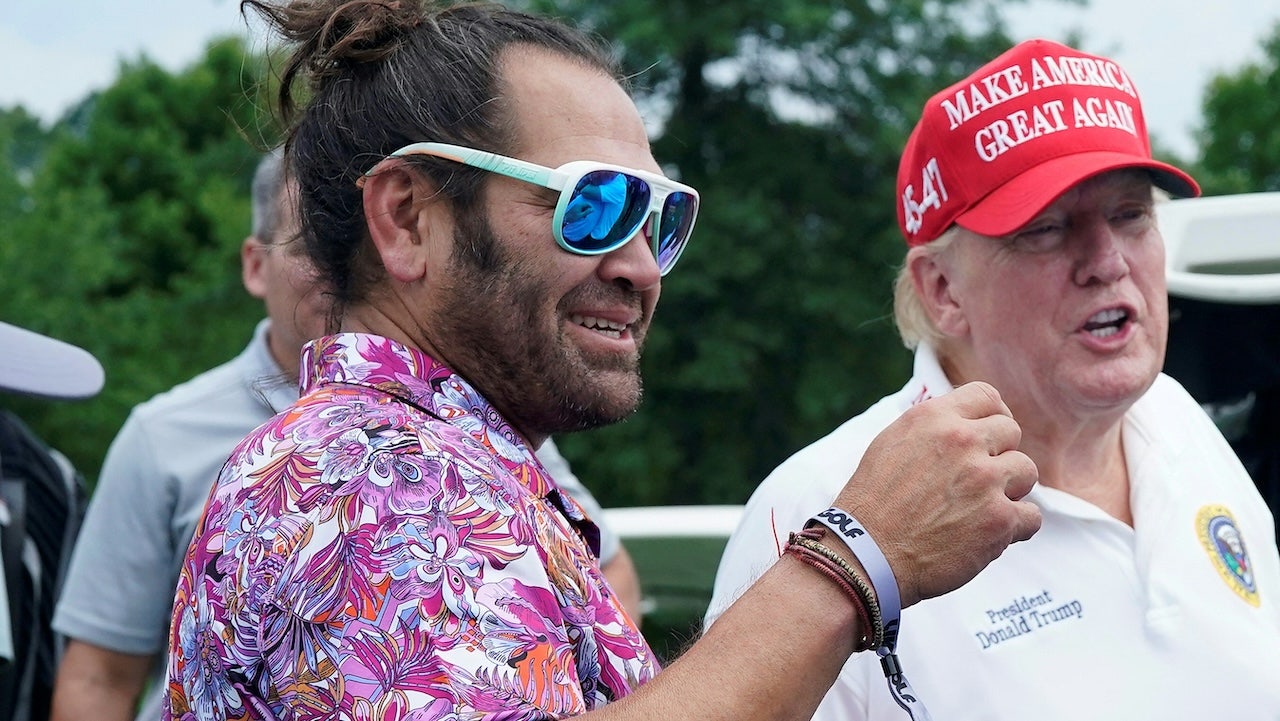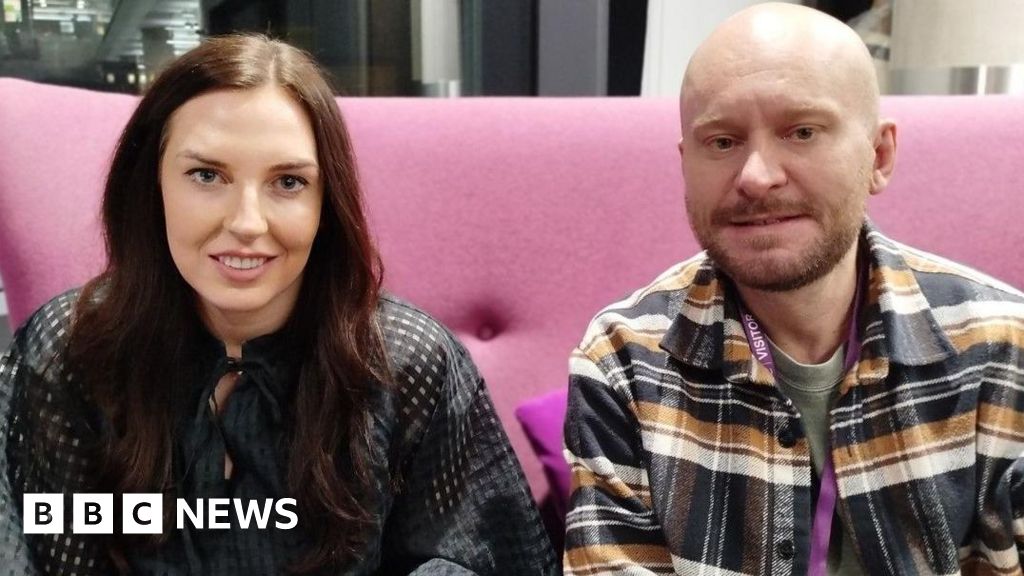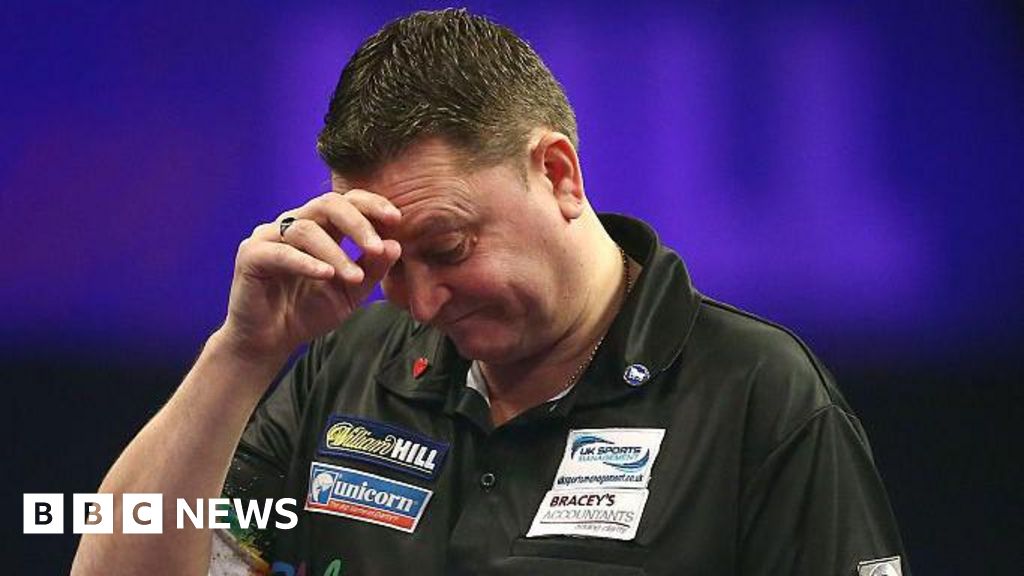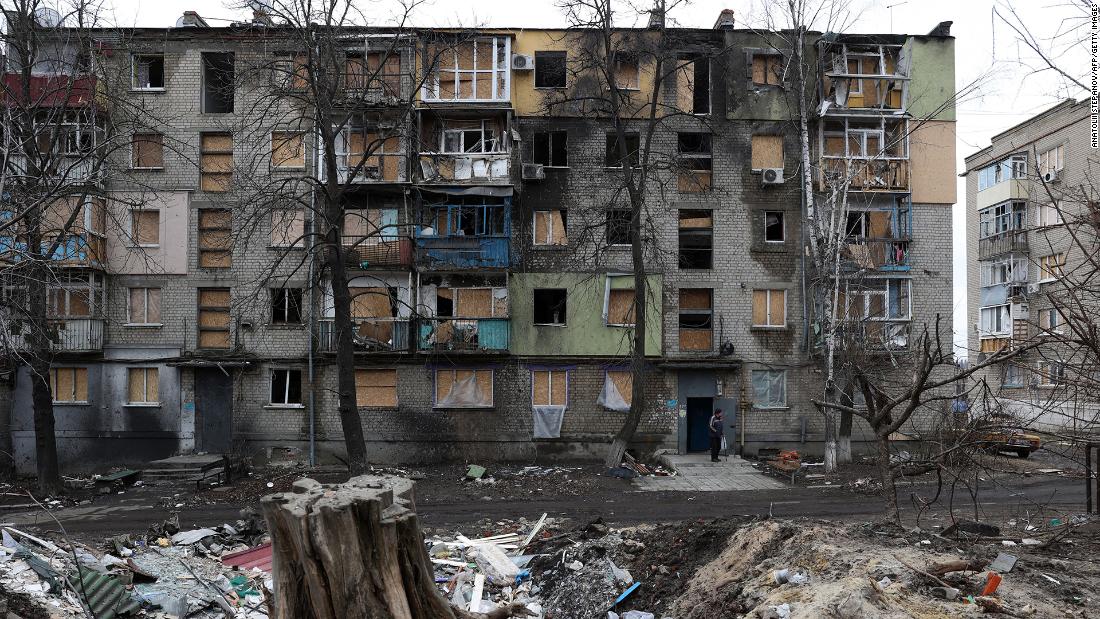The 12-year-old daughter of a Russian man sentenced to two years in prison for anti-war posts online has written him a letter from the orphanage where she has been sent, telling him that “we will win.”
“Know that we will win, that victory will be ours, no matter what happens, we are together, we are a team, you are the best,” according to the letter from Masha Moskalyova to her father Alexey Moskalyov. The letter was released at Moskalyov’s request, according to his lawyer Dmitry Zakhvatov.
In April 2022, Masha drew a picture of Russian missiles being fired at a Ukrainian family and wrote “No to war” and “Glory to Ukraine” during her art class. Her school subsequently called the police, who later visited the family home.
A court in the Tula region, south of Moscow, sentenced Moskalyov to two years in jail on Tuesday for a series of anti-war online postings. But he had escaped his house arrest, which began earlier this month, the night before the hearing, according to a court spokesperson.
Masha was sent to an orphanage when her father began his house arrest.
Masha told her father in the letter that “everything is fine with me, I love you very much and know that you are not guilty of anything, I am always for you and everything you do is right.”
“I hope, no, I know that you will not give up, you are strong, we are strong, we can, and I will pray for you and for us, dad … I can say that I’m proud of my father,” she continued.
“I don’t want to write about my health and mood, I don’t want to upset you, but I understood that the bitter truth is better than the sweet lie,” she added.
She ends the letter with a peace sign. Describing her father as her hero, she said, “I will give this pendant to you as the bravest person in the world!”
What the Kremlin says: Asked about the case, Kremlin spokesperson Dmitry Peskov said Wednesday he could not comment as it was the court’s decision.
“The matter of the story with the child is completely different,” he claimed. “Indeed, the state of things with the fulfillment of parental duties and with ensuring the child’s living is very deplorable.”
“Everything is much more complicated there, everything is not so straightforward,” Peskov said.












